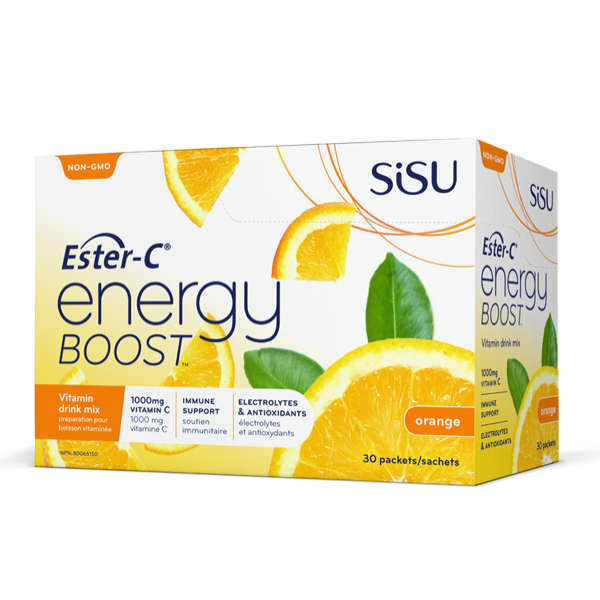
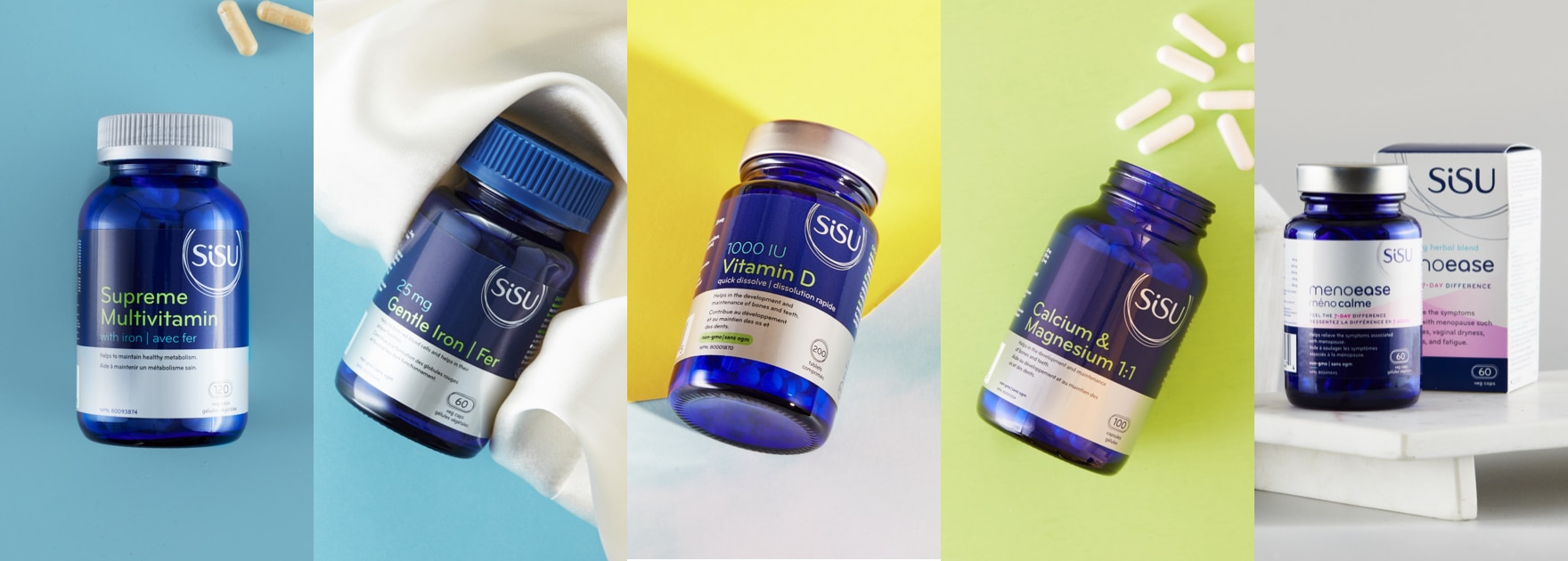
Do you feel exhausted these days? Between a busy schedule and fluctuating hormones, it’s understandable why many women feel fatigued. The good news is that there are ways to navigate these moments and still feel like your best self!
Keep reading to learn the main reasons behind your fatigue and our best tips for improving your energy levels.
Common causes of fatigue in women
1. Menstrual cycle hormones
In general, there are distinctive hormonal changes that happen over the course of a full cycle.1
How does your menstrual cycle affect your energy levels?
| Menstruation | Days 1-5 | Estrogen and progesterone are at their lowest, so you may feel more tired than usual. |
| Follicular phase | Days 6-14 | As the body prepares for ovulation, estrogen and testosterone start to rise, causing energy levels to rise. |
| Ovulation phase | Day 14 | Once an egg gets released, estrogen and testosterone are at their peak levels, and you may feel a boost in energy. |
| Luteal phase | Days 15-28 | Estrogen and testosterone hormones start declining and the body begins producing progesterone. This is around the time that PMS symptoms start to arise for some people. |
2. Iron deficiency
You might be iron deficient if you often experience dizziness, weakness, and fatigue. Iron deficiency symptoms might first be mild but can develop further if not treated. Women are more likely to be deficient in iron, especially during menstruation and pregnancy.2 Always check with your healthcare practitioner to confirm any deficiencies.
3. Menopause
While menopause is a natural part of aging, it can bring uncomfortable symptoms. Most women start to experience menopause around age 50, though it could start as early as your late 30s. During menopause, your egg supply decreases and the body starts to produce lower levels of estrogen and progesterone.3 This can cause various physical and mental changes such as hot flashes, mood swings, and fatigue.4
4. Stress
Everyone has felt the effects of stress, but men and women experience the effects of stress differently. According to a 2016 study, women are twice as likely to experience severe stress and anxiety compared to men.5
Women report more physical and emotional symptoms of stress compared to men.6 The Canadian Mental Health Association reports that women tend to react more to chronic stressors like time constraints, meeting others’ expectations, marital relationships, children, and family health.7
Vitamins and supplements for women’s energy
Iron supplements for women
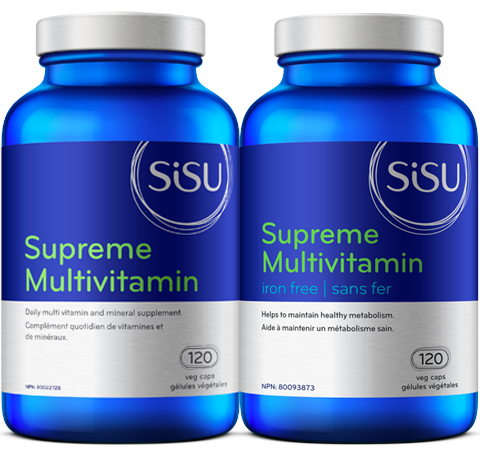
This daily multivitamin can help you maintain good health by offering a full complex of B-vitamins, Ester-C®, vitamin A, vitamin K, zinc, and bioflavonoids. And, it’s available with or without iron.
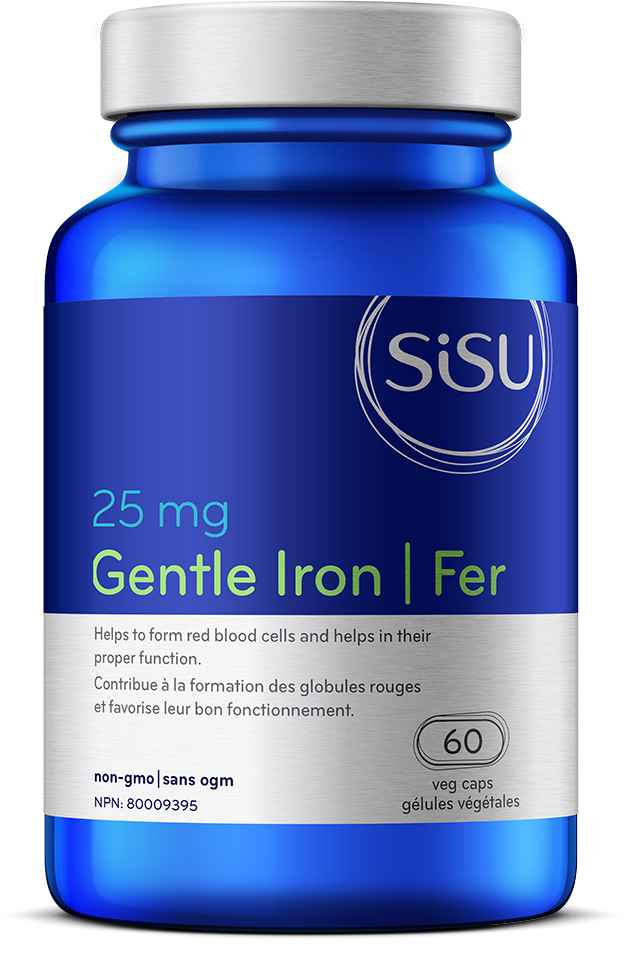
Each serving helps to form red blood cells. Because Sisu Gentle Iron contains 25 mg of elemental iron in the bisglycinate form, it’s less likely to cause side effects, such as constipation or upset stomach, as may be the case with other forms of iron.
Vitamin D supplement for women
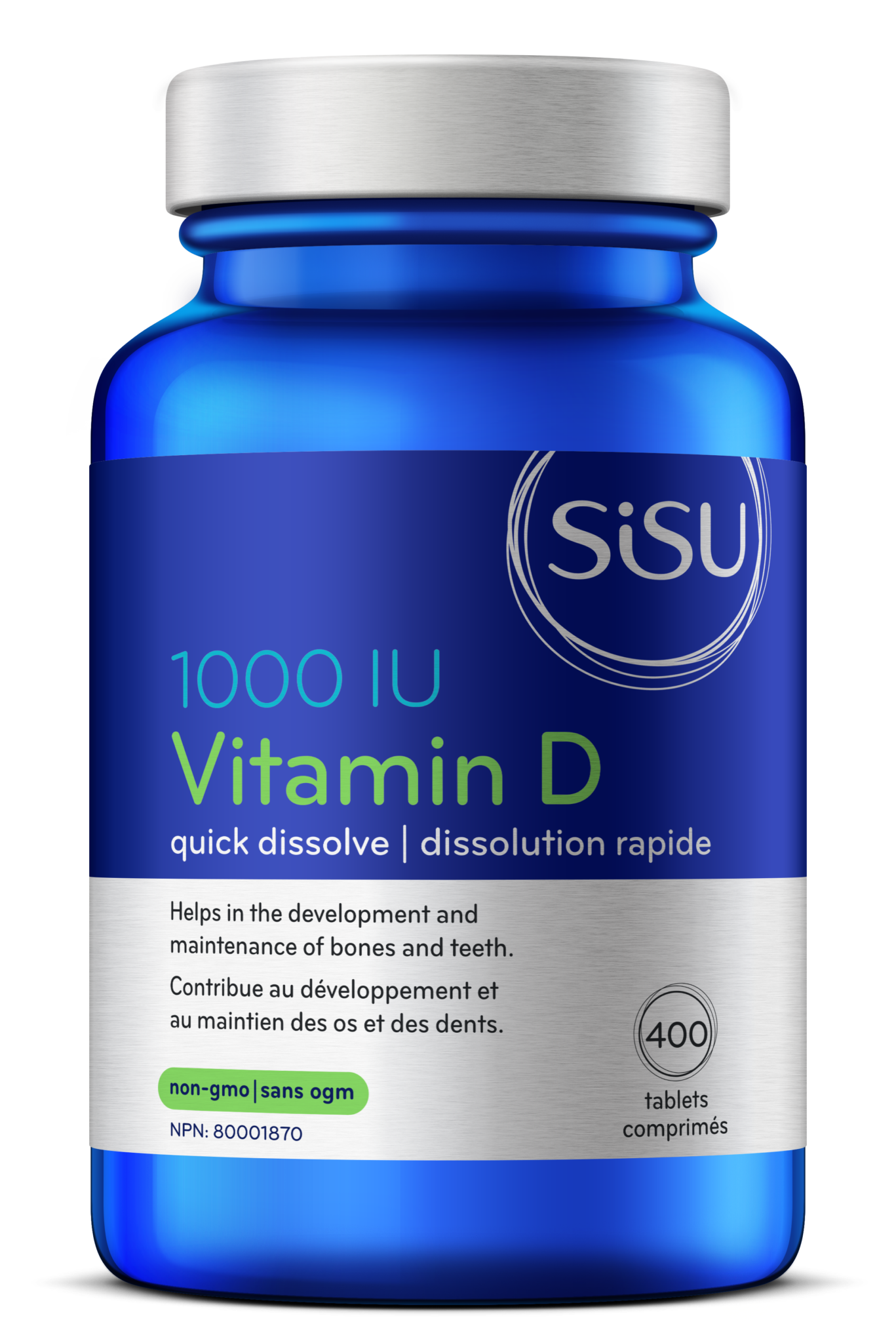
Taking one daily fast-dissolving tablet helps to maintain healthy immune function and build strong bones and teeth.
Calcium supplement for women
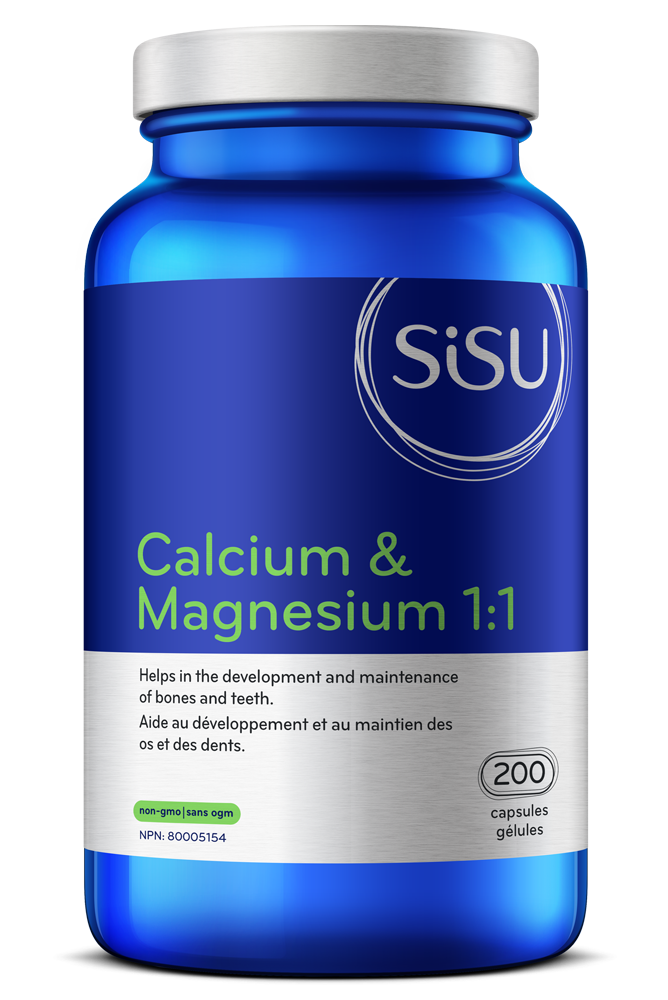
This is an easy-to-digest supplement that helps in the development and maintenance of bones and teeth. When combined with sufficient vitamin D, a well-balanced diet, and regular exercise, this formula may help to reduce the risk of osteoporosis.
Menopause supplement for women
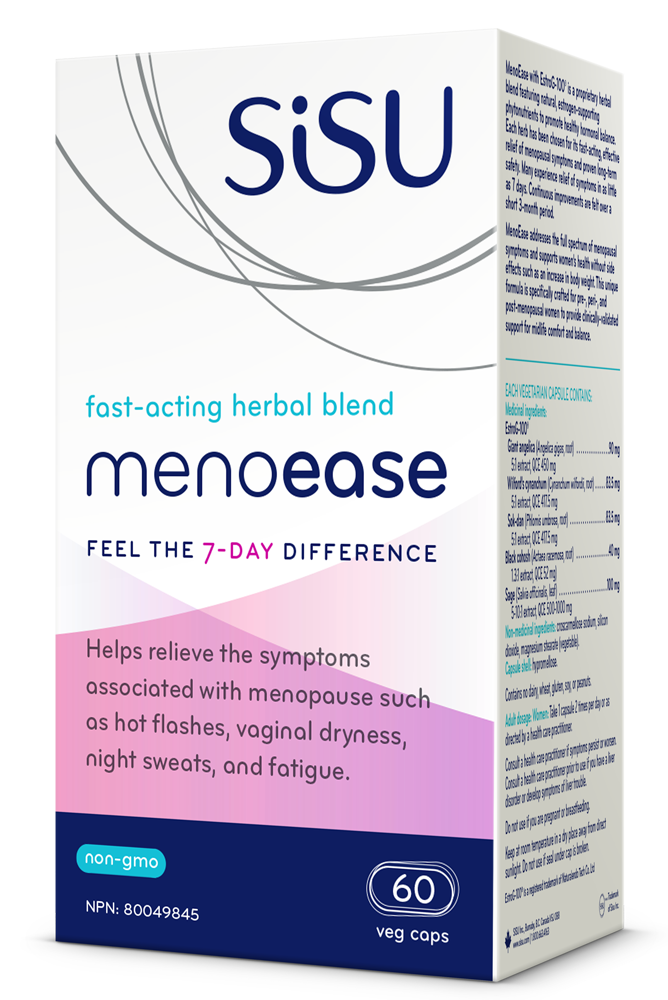
This proprietary herbal blend helps support healthy mood balance during menopause. It also helps relieve the symptoms associated with menopause, including: hot flashes, night sweats, insomnia, vertigo, fatigue, nervousness, paresthesia, and vaginal dryness.
5 ways women can support their energy levels
1. Work with your menstrual cycle phases
Learning how to work with your cycle is a life hack that can help you make the most of your energy. Tracking your monthly cycle can help you match your hormones with your output, especially for exercise and productivity. There are a variety of period tracking apps, like Clue or Eve by Glow, that can help you with this. But for now, here are some tips and ideas to help you work with your cycle:
- Menstruation: Use this time for rest and reflection.
- Follicular: As energy levels rise, so does your enthusiasm. This is the best time to try new things, start new projects, or take care of difficult tasks.
- Ovulation: This is when your energy levels will peak so it’s the best time to prioritize fun and social activities.
- Luteal: Energy levels might be decreasing with estrogen levels dropping off, so this may be a good time to lighten your load and prioritize self-care over to-do lists to fill up your cup.
2. Move everyday
When you’re tired, getting up and doing a workout is probably the last thing you want to do. But it’s the best thing you can do in those moments! Exercise increases dopamine and serotonin (feel-good) chemicals levels in the brain, which helps to improve mood and energy.8
During your menstrual cycle, the hormonal changes that occur within the body might make it easier to do certain types of exercise at different phases. Try to coordinate your workout intensity with the phase you’re in.
How to exercise in each stage of your menstrual cycle
| Menstruation | Lower intensity | Walking, stretching |
| Follicular phase | Higher intensity | Running, cycling, dancing, heavy weight training |
| Ovulation phase | Higher intensity | HIIT, running, kickboxing, rowing |
| Luteal phase | Lower intensity | Pilates, yoga |
Always read and follow the product label. Products may not be suitable for everyone.
3. Eat for energy
Do you notice how you feel sluggish after a big meal? That’s because foods high in sugar or carbohydrates can increase your blood sugar levels, which causes fatigue.9 Being mindful of what you eat is an effective way to maintain healthy energy levels.
Whole grains, fruits, vegetables, lean protein all help to nourish the body with essential vitamins and minerals that support energy metabolism. And don’t forget to keep drinking water! Being dehydrated has a significant impact on your energy levels.
Go from blah to boost with Sisu Energy Boost™ with Ester-C®
Our vitamin drink mix is an easy and delicious way to stay hydrated and energized. Just add water to benefit from B-vitamins for energy metabolism and 1000 mg of Ester-C® to help maintain immune function.
Available in lemon-lime, wildberry, orange, and piña colada flavours!
4. Get quality sleep
Don’t underestimate the power of good beauty sleep for your energy levels. Unfortunately, when it comes to quality sleep, women often get the short end of the stick. In fact, women are 40% more likely to have insomnia compared to men.10 In general, adults should strive for seven to nine hours of sleep every night to feel refreshed.11
Here are some tips to help you fall asleep and stay asleep:
- Avoid caffeine later in the day
- Invest in a comfortable mattress
- Keep your bedroom cool and dark
- Write down your to-do list for the next day
- Create a relaxing wind-down routine free from electronics
- Take a sleep supplement
Sisu Melatonin can help you fall asleep more easily, sleep longer, and wake up less frequently during the night.
5. Prioritize self-care
It’s often said that the most important relationship is with yourself, but many women fail to prioritize self-care. Make time for self-care and notice how much more energy you’re able to pour back into your life.
Self-Care Ideas for Women:
- Go on daily nature walks
- Practice yoga/stretching
- Take a bath
- Read a book
- Get creative, (writing, painting)
- Practice positive self-talk
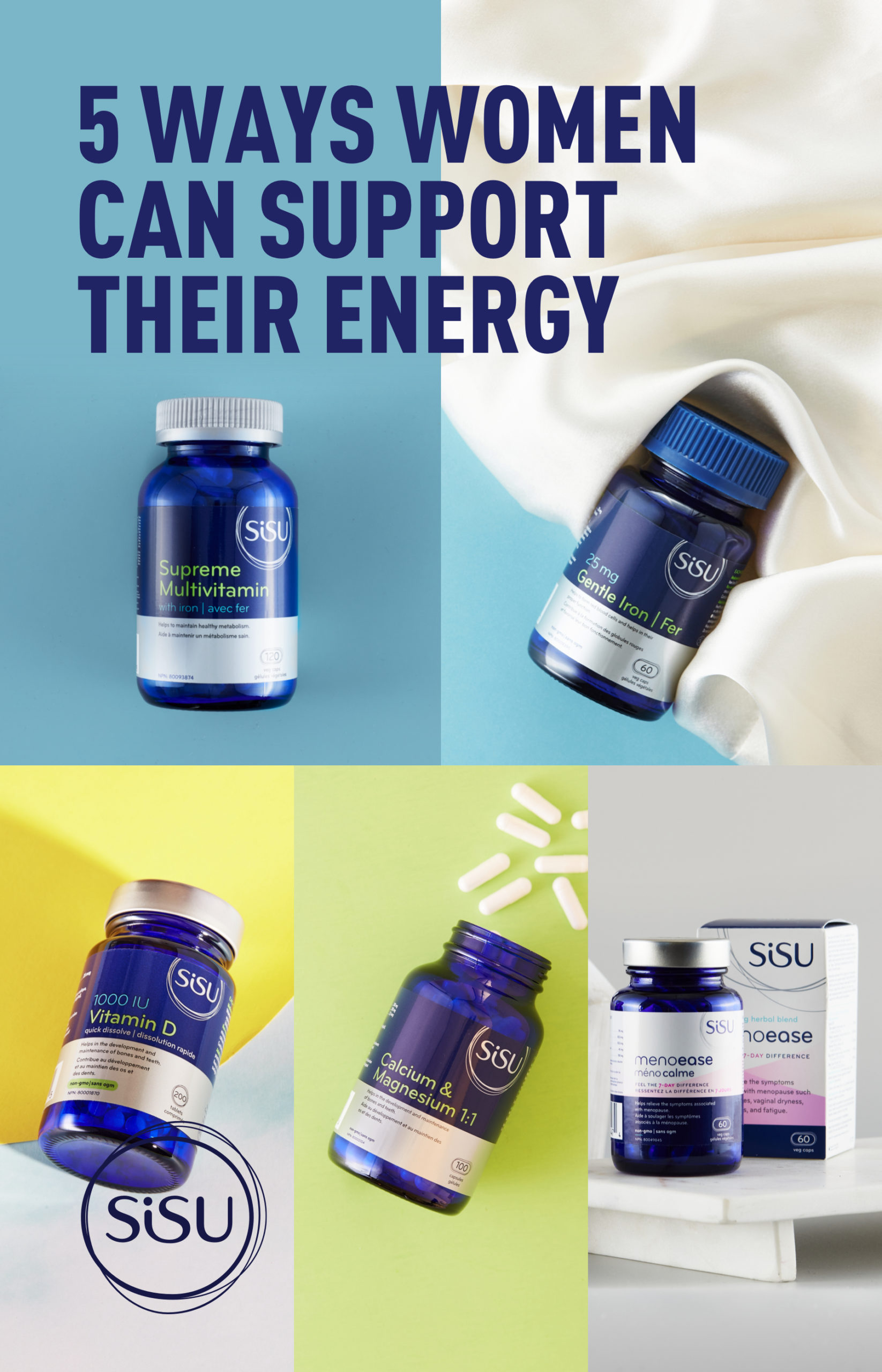
Sustain your energy
If your energy levels are not where you want them to be, there are a few actions you can take to put the spring back into your step. Taking the right supplements, moving every day, getting quality sleep, and prioritizing self-care can all support healthy energy levels.
To add more quick health and wellness tips to your feed, follow us on Instagram (@sisuvitamins) and TikTok (@sisuvitamins)
Always read and follow the product label. Products may not be suitable for everyone.
1 https://www.healthline.com/health/womens-health/stages-of-menstrual-cycle
2 https://pubmed.ncbi.nlm.nih.gov/21934611/
3 https://www.menopauseandu.ca/what-is-menopause/
4 https://www.health.harvard.edu/womens-health/menopause-and-mental-health
5 https://onlinelibrary.wiley.com/doi/full/10.1002/brb3.497
6 https://www.apa.org/news/press/releases/stress/2010/gender-stress
7 https://cmha.bc.ca/documents/stress/
8 https://www.ncbi.nlm.nih.gov/pmc/articles/PMC4061837/
9 https://pubmed.ncbi.nlm.nih.gov/27633109/
10 https://pubmed.ncbi.nlm.nih.gov/24956068/
11 https://www.sleepfoundation.org/women-sleep/do-women-need-more-sleep-than-men

